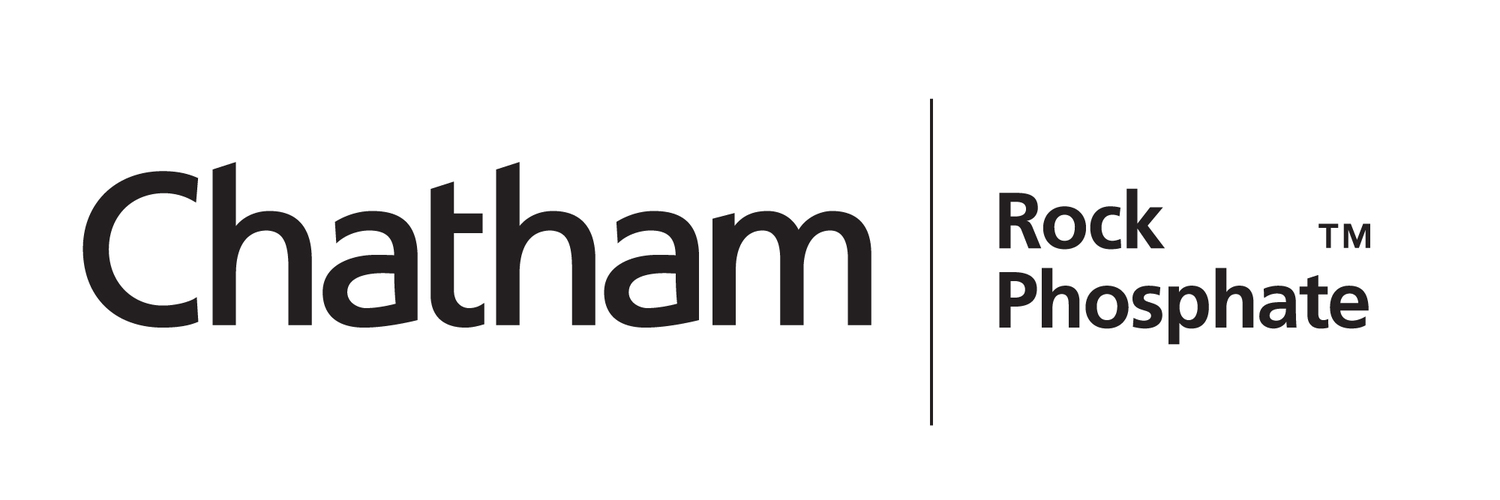NZX Announcement: Namibian green light for marine phosphate mining “hugely significant”
/21 October 2016
Namibian green light for marine phosphate mining “hugely significant”
Chatham Rock Phosphate chief executive Chris Castle today welcomed as “hugely significant” the decision by Namibia’s Ministry of Environment and Tourism to issue an environmental clearance to extract phosphate off the Namibian coast.
“It’s a major step forward as Namibia has effectively removed the “first mover” risk hindering other similar marine phosphate mining applications in New Zealand and Mexico. The catch cry “it’s never been done before” goes out the window with this decision”.
Mr Castle said it also opens the door for Chatham to advance its own Namibian permit applications.
Chatham applied in 2012 for prospecting permits over 5 distinct areas well offshore Namibia, some not far from the area held by Namibian Rock Phosphate. These 2012 applications were lodged with the confidence that, based on research undertaken to date, this area of the seabed likely contains substantial quantities of rock phosphate.
“Perhaps even more significantly it signals the recognition that, with the appropriate environmental requirements, marine sources of phosphate will be an important contributor to supplying the world’s needs for this mineral that is critical to meeting the increasing demand to grow food.”
He said the Namibian government requirements appear to be set at an appropriate level of rigour.
Namibian Marine Phosphate was awarded mining permits by the Ministry of Mines and Energy to extract marine phosphate 120 km southwest of the port of Walvis Bay but mining was delayed by a moratorium while environmental issues were considered.
Environmental Commissioner Teofilus Nghitila said the licence was issued based on the environmental impact assessment and management plan submitted by the company and serves as an environmental clearance certificate for the project to commence. Nghitila said the information is sufficient as it made provision for environmental management regarding the proposed phosphate mining.
Among the requirements are:
- regular environmental monitoring and evaluation on the project with targets established and monitored including seabed and water monitoring and quarterly reports provided to the environment ministry
- the ministry reserves the right to attach further legislative and regulatory conditions during the operational phase of the project
- the clearance is valid for three years
- the company should obtain further environmental clearance for onshore processing plants
- an annual report on the implementation of the environmental management plan
- the company should fund the establishment of a centre of excellence to monitor the impact of phosphate mining on the marine ecosystem, through which generic standards and guidelines for monitoring marine phosphate mining, processing and beneficiation in Namibia could be developed
- data generated must be shared with the competent authority to contribute to the body of knowledge in the field of marine ecosystems and phosphate mining
- technology used should be top-of-the-range to avoid causing unnecessary environmental impacts
- the proposed mining and processing techniques must be reviewed jointly by the company and the regulator against the results of annual environmental monitoring
- The environmental clearance certificate will be withdrawn should negative environmental impacts associated with phosphate mining be observed.
Environment minister Pohamba Shifeta said the public is free to appeal and he will then decide whether it is based on merit before agreeing with Nghitila's recommendations. Public objections should be directed to his office within a set period.
“Namibia appears to be adopting an adaptive management approach not inconsistent with that included in Chatham’s earlier application for a marine consent”.
Chris Castle – +64 21 55 81 85 or chris@widespread.co.nz
About Chatham Rock Phosphate
Chatham Rock Phosphate, a publicly listed company, was granted a mining permit in 2013 to develop New Zealand’s only significant source of environmentally friendly pastoral phosphate fertiliser and is now preparing for a revised environmental consent application.
Our role as custodian of this resource is focused on delivering a secure and sustainable local supply of low-cadmium phosphate that will reduce fertiliser run-off into waterways, produce healthier soils and shrink fertiliser needs over time.
The resource has an estimated worth of $5 to $7 billion, representing one of New Zealand’s most valuable mineral assets and is of huge strategic significance because phosphate is essential to maintain New Zealand’s high agricultural productivity. Local and international investors have contributed more than $40 million to develop the project’s financial viability, environmental benefits and impacts, technical and logistical requirements, local and international product uses.
We propose to extract up to 1 million tonnes of phosphate nodules from the top half metre of sand on identified parts of an 820m2 area on the Chatham Rise, 450km off the west coast of New Zealand, in waters of 400m. Our environmental consenting process has established extraction would have no material impact on fishing yields or profitability, marine mammals or seabirds.
In progressing plans to submit a new application we are working with government officials to seek improvement in the permitting process and iwi, academic, industry and central government input to ensure New Zealand can benefit from an environmentally superior phosphate source.
Progress is continuing to achieve a Toronto Stock Exchange listing, to provide a more useful share-trading platform for overseas shareholders and facilitate the capital raising needed for the consenting process and beyond.
We are also seeking other sustainable rock phosphate sources, to move from being a single project company and take more control of our destiny.







 +64 21 5581985
+64 21 5581985 chris@crpl.co.nz
chris@crpl.co.nz PhosphateKing
PhosphateKing